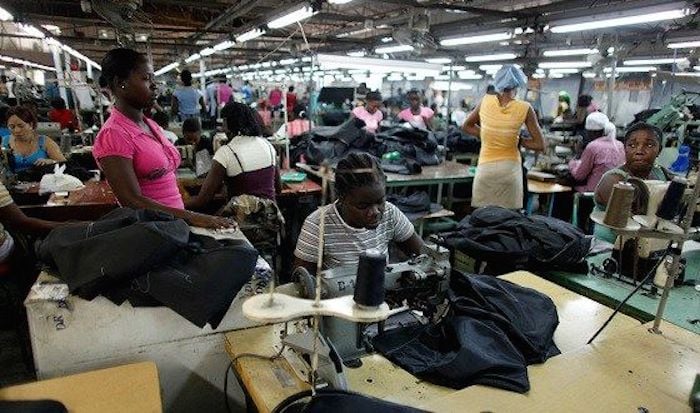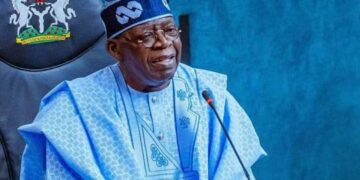The Abuja Chamber of Commerce and Industry (ACCI) and the National Association of Chambers of Commerce, Industry, Mines and Agriculture (NACCIMA) have called on the government to prioritise a fair tax regime and stronger incentives to support micro, small, and medium enterprises (MSMEs), which they described as the engine of Nigeria’s economic growth.
The call was made yesterday at the opening ceremony of the 20th Abuja International Trade Fair, which has attracted over 100,000 participants, including exhibitors from Africa, Europe, Asia, and the Americas. The theme of this year’s edition, “Sustainability: Consumption, Incentives, and Taxation,” reflects a national collective resolve to address pressing economic and environmental challenges.
NACCIMA President, Jani Ibrahim, said Nigeria’s fiscal system must evolve to reduce the multiplicity of taxes, improve compliance through digitisation, and create a growth-friendly environment.
He welcomed the new tax framework that would exempt businesses with annual turnovers below ₦100 million from taxation beginning January 2026, describing it as an opportunity to boost capital formation for MSMEs.
“Capital formation is key for the growth of small enterprises, which in turn drive national economic expansion. Incentives must support innovation, renewable energy, digital trade, and MSME competitiveness,” Ibrahim said. He added that with Nigeria set to host the Intra-African Trade Fair in 2027, the country must seize the moment to showcase its entrepreneurial capacity and attract new investments.
ACCI President, Chief Emeka Obegolu, echoed the call for incentives and fair taxes, noting that SMEs remain the backbone of the economy. He said the fair, which has facilitated billions of naira in trade and investment deals over the years, would serve as a platform to align consumption patterns, taxation, and incentives with sustainable growth.
“This 20th edition is more than an exhibition; it is a platform to reimagine policies that support responsible production, attract investments, and strengthen environmental stewardship,” Obegolu said.
The fair features SME-focused platforms, panel sessions with tax authorities and financial institutions, and the launch of BABA FEST (Buy Africa, Build Africa), designed to celebrate African products and deepen intra-African trade.
Both chamber leaders stressed that Nigeria must unite behind a Nigeria-first economic agenda, leveraging reforms and fair taxation to drive sustainable development, unlock opportunities under the African Continental Free Trade Area (AfCFTA), and move towards a $1 trillion economy target by 2030.
Representative of Dangote Industries Ltd, Fatima Wali Abdurrahman, acknowledged that incentives are powerful tools that the Nigerian government can deploy to speed up private sector investment in sustainable practices. From renewable energy solutions that reduce dependence on diesel generators, to waste-to-wealth initiatives that tackle Nigeria’s mounting refuse challenges, she said that well-structured incentives can encourage businesses to innovate, create jobs, and scale up solutions that strengthen both the economy and the environment.
“For us at Dangote, we recognise that when strategically applied, taxation can serve a dual purpose: discouraging unsustainable business practices while generating revenue for essential public services and infrastructure. Such investments ultimately create an enabling environment for industries like ours to thrive, while building a stronger and more resilient Nigerian economy,” Abdurrahman stated.
She stressed that instead of exporting raw materials and importing finished goods, Nigeria must process more of what she produces locally. “This will not only create jobs and grow industries, but it will also reduce our dependence on imports and strengthen our economy,” she stated, adding that “When these three elements are aligned, they create a framework for an economy that is not only growing but is also self-reliant, job-creating, and built to last.”






